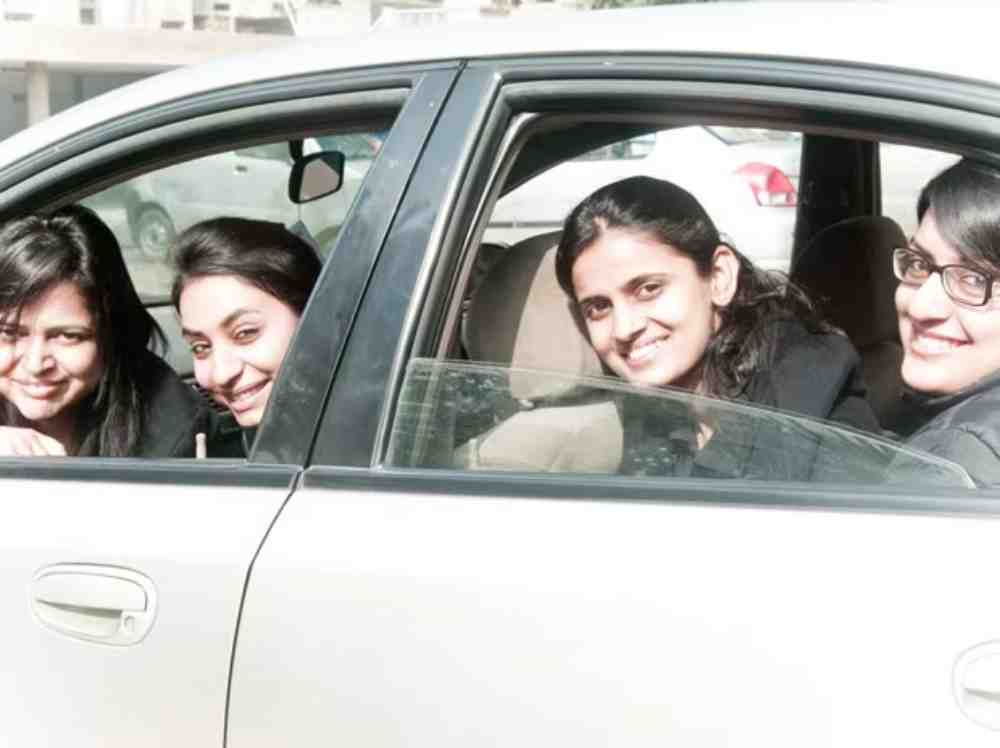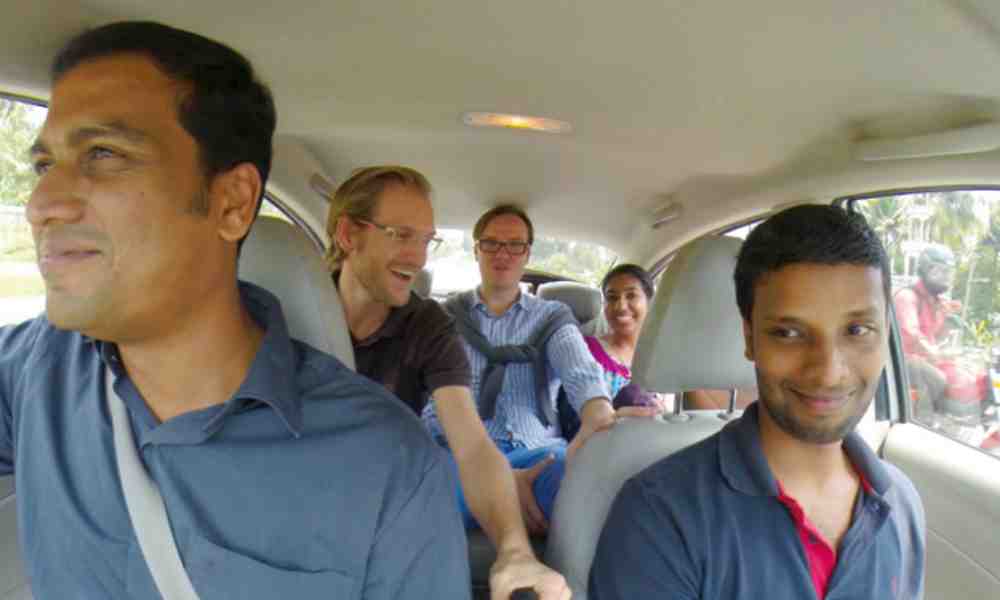In a surprising move, the Karnataka Government has decided to ban carpooling services in Bengaluru, the bustling capital city known as the Silicon Valley of India. This decision, made in response to the demands of taxi driver associations, has left many residents questioning the impact it will have on their daily commute and the city’s traffic congestion.

1. A Sudden Ban on Carpooling:
The Karnataka Government, prompted by taxi driver associations, has taken the unprecedented step of prohibiting carpooling in Bengaluru. This decision comes despite the city’s notorious traffic problems, the sporadic availability of traditional cabs, and the steep prices charged for short-distance rides.

2. The Affected Carpooling Apps:
Popular ride-sharing apps like BlaBla Car, Quickride, Rideshare, Commute Easy, and Carpool Adda, which have been providing affordable carpooling services, now face an uncertain future in Bengaluru.

3. Traffic Woes in the Silicon Valley:
Bengaluru, known for its IT parks and global investments, faces some of the worst traffic congestion in the country. With a population of 11 million and nearly 12.5 million vehicles, the city has one vehicle for every resident, exacerbating its traffic woes.
4. Public Outcry and Concerns:
The decision to ban carpooling has not been well-received by the public. Netizens have taken to social media to express their concerns, questioning how the ban will benefit commuters. Many fear that it may lead to more vehicles on the road, increased pollution, and worsened traffic conditions.

5. Accusations of Favoritism:
Critics argue that the Karnataka Government’s decision appears to favor taxi and auto-rickshaw associations while neglecting the broader needs of commuters. Some believe that extensive lobbying by these associations influenced the ban.

As Bengaluru grapples with its ongoing traffic crisis, the ban on carpooling has raised eyebrows and sparked a debate among residents. While the government aims to address the concerns of taxi driver associations, the impact on the daily lives of Bengaluru’s residents remains uncertain, leaving many to question whether this decision truly serves the city’s best interests.
